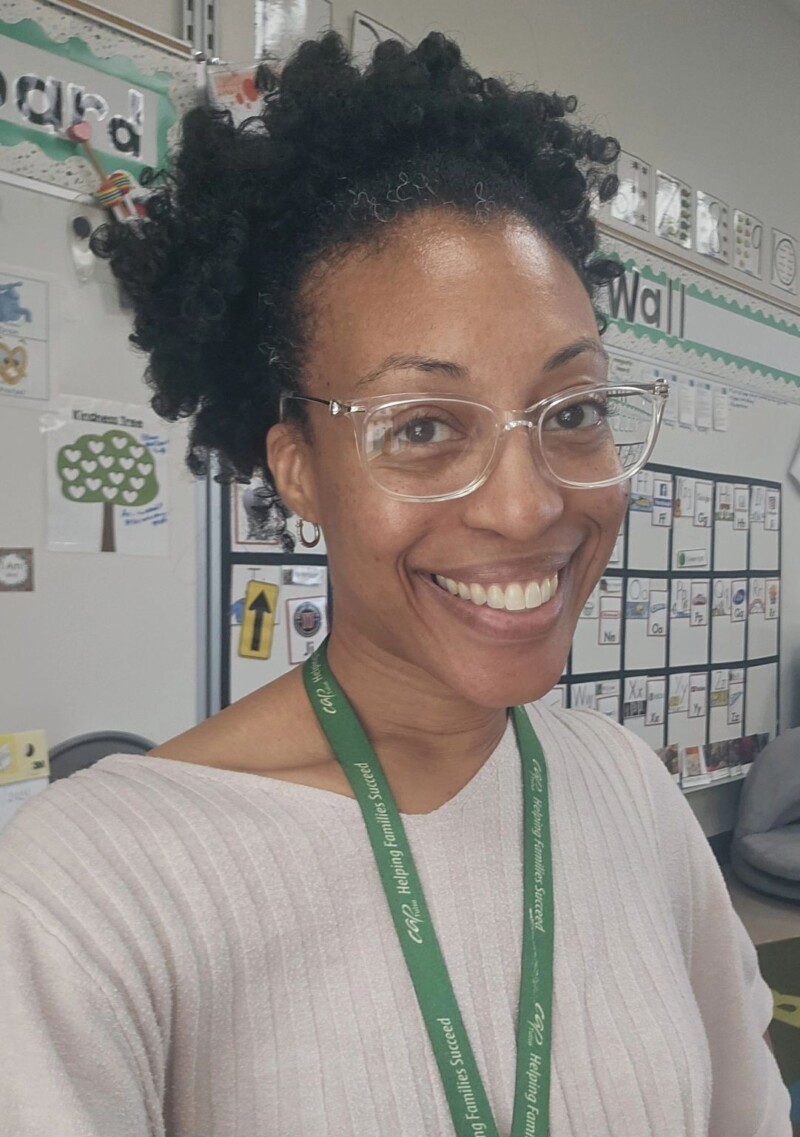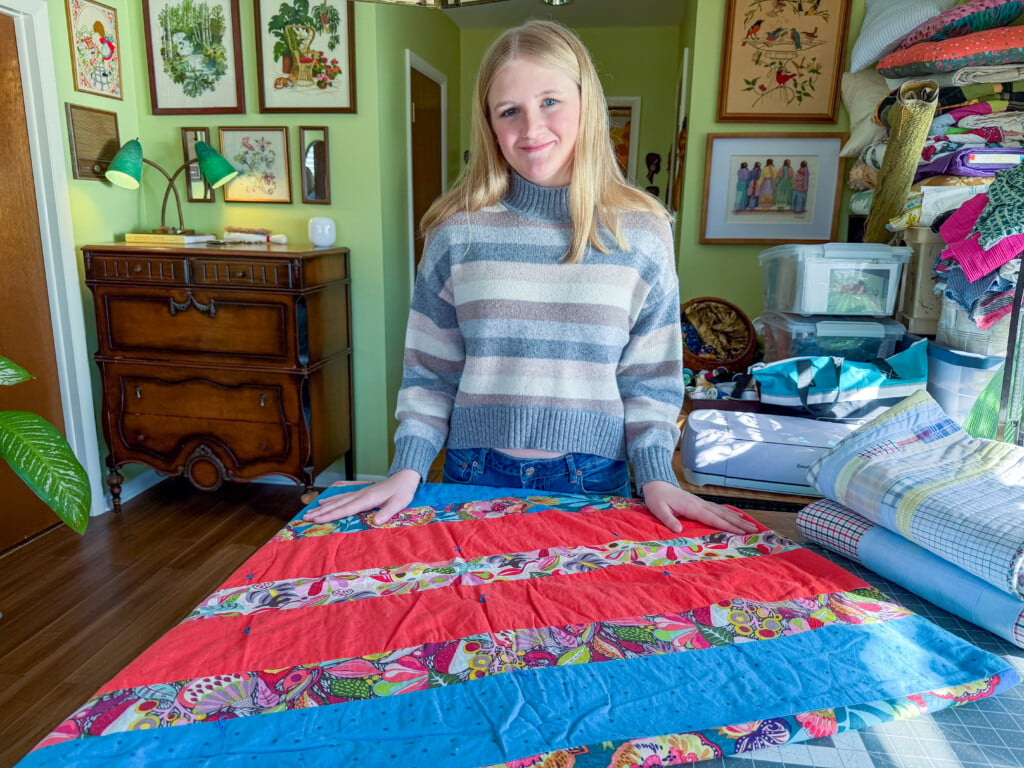Brains on Break?
Tips for keeping kids’ brains engaged all summer
Summer is supposed to be a break, right? A chance to breathe, play and shake off the school year. But for many students, especially in elementary school, the long summer stretch can come with a cost: summer learning loss. It’s that quiet academic slide that happens when students take a total break from structured learning—only to return to school in the fall needing to relearn skills they once had.
To unpack this a bit more, I connected with Tulsa Early Childhood Educator Emily Olubunmi, a preschool teacher with over 15 years of experience. While her insights come from working with 3-year-olds, the core of her message rings true for all young learners.
“I love when children make the connection of what is being taught with what they experience outside the classroom,” Emily says. The key is keeping learning active, relevant and fun—especially when school’s out.
What is summer learning loss? According to the National Summer Learning Association, students can lose up to two months of math and reading skills over the summer if not actively engaged. Emily defines the phenomenon as a “lull,”—especially when screen time replaces play and real-world interaction. “There’s always a need to bring the children back to a sense of focus once school starts,” she shares. Her preschoolers benefit from routines and mindfulness techniques at the beginning of the year to ease the transition. The same goes for elementary students.
Top Tips for Keeping Elementary Brains Active
Emily offers everyday, accessible advice that caregivers of all ages can use:
- Stay engaged together. Whether you’re creating a summer music playlist and dancing around the living room or turning dinner prep into a math lesson, learning doesn’t have to feel like school. This could look like baking together (hello fractions!) or building a fort with measurements and blueprints for elementary-aged kids.
- Talk—and then talk some more. “Scaffold your child’s learning by extending conversations,” Emily advises. Ask open-ended questions like, “What made you curious today?” or “What do you think will happen next?” This not only builds vocabulary but also critical thinking skills. For older kids, spark debates at the dinner table on silly topics—anything to keep minds moving.
- Make room for connection. This one’s timeless: Turn off the devices and make eye contact. Whether you’re reading together or simply catching up on your child’s day, being present lays the groundwork for emotional and intellectual development.
Reading That Doesn’t Feel Like Homework
Emily is a big fan of the Tulsa City-County Library system and its free summer reading programs. Her tip: Let kids pick their books—and throw in one or two that stretch their interests. For older elementary kids, this could include graphic novels, STEM-focused reads or books featuring young entrepreneurs. The goal is to keep reading joyfully.
Want to raise a book lover? Create a reading nook, host a backyard book club with neighbors, or challenge your child to a parent-kid reading competition. Just don’t force it—let the books be the magic.
For Busy Families: Learning On-the-Go
If your summer schedule is packed or resources are limited, don’t worry. Learning can fit into everyday life. Emily suggests simply asking your child what they want to learn and then using that as a launch pad for discovery. “Pinterest is a great resource,” she adds, and it’s true—whether it’s DIY science kits, car ride games or printable puzzles, there’s something for everyone.
- Practice math with grocery store budgeting
- Turn car rides into spelling bees
- Start a summer gratitude journal (writing + mindfulness = win)
Let Creativity Lead the Way
Creativity matters. It builds problem-solving skills, vocabulary and confidence. “Storytelling for early childhood may look like re-enacting with felt storyboards,” Emily says. “Whereas for youth, it could be enrolling in a theatre drama camp.”
For elementary kids, summer is the perfect time to:
- Make stop-motion movies on a phone or tablet
- Build models from recyclables (Ms. Green, the Recycle Queen, would approve!)
- Write and perform their own plays
Creativity isn’t extra—it’s essential. Summer learning doesn’t mean workbooks and stress. It means curiosity, connection and moments that matter. Whether you’re dancing in the kitchen, sharing stories at bedtime, or letting your child lead a backyard science experiment, you’re doing the work. Brains on break? Not really. Just brains doing summer their way.





